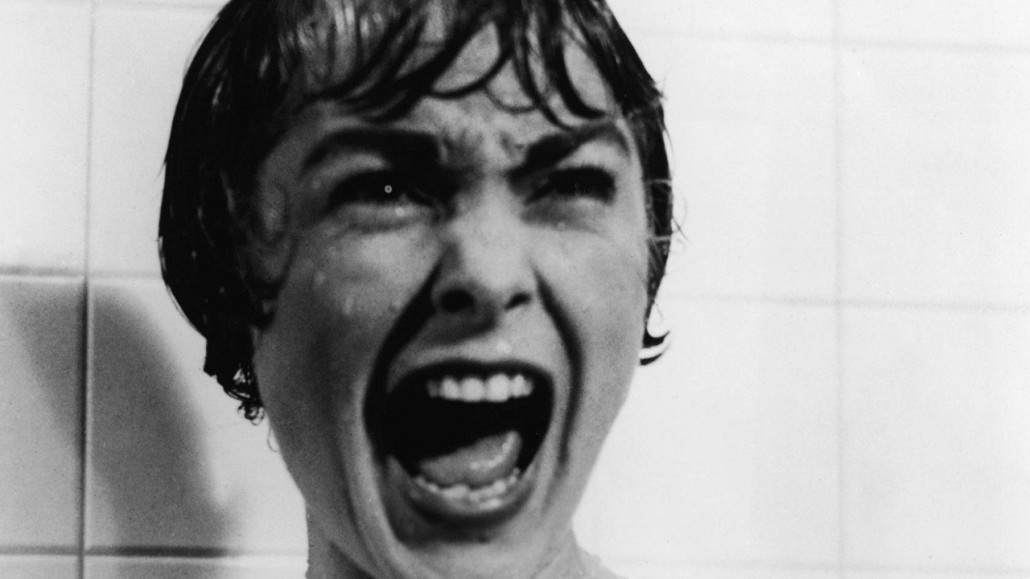
Why Do We Like Being Scared?
Horror. Danger. Suspense. What’s the attraction? Why do some of us like being scared?
There’s certainly no doubt that the attraction exists. Crime novels and dark tales of the occult regularly make their way into the best-seller lists, and horror films are ever popular. What’s so good about feeling scared, and how universal is the desire to do so?
To answer these questions, we need to start with some definitions. It may surprise (but not frighten!) you to learn that humour, surprise and fear are closely related. The element that binds them is expectation. When something happens that is only slightly unexpected, we tend to find it amusing. When it’s moderately unexpected or hard to understand, we find it surprising. But when something is totally unexpected or totally incomprehensible—that is, when it takes us completely off guard—then it frightens.
You can see now why some things that amuse one individual may surprise, or even scare someone else. It all depends on past experience. A second defining aspect of horror is the perception of threat. If something we observe or read is about pain or destruction, particularly if humans are the target, it’s more likely to leave us feeling frightened rather than surprised or amused, however unexpected the experience may be. That’s not, however, all there is to the matter.
So far I’ve explained why some of us feel horrified or frightened at times when others may not. But why do some of us seek out this experience, while others avoid it? There are three factors:
1) Introvert vs Extrovert
The first is our personality, in particular how introverted or extroverted we are. Extroverts are thought to be under-aroused neurochemically, so in order to feel energised, they seek arousal in the environment. Feeling scared gives them a rush of adrenaline that feels energising. Introverts, on the other hand, are thought to be highly aroused already—that is, their own neurochemistry provides them with sufficient stimulation. Introverts will, therefore, feel more easily overwhelmed by the same events that energise extroverts.
2) Imagination
Those who find it easy to draw the line between imagination and real events can tolerate horror stories more readily than those of us who have active imaginations.
3) Empathy
The degree to which we compartmentalise our sense of empathy will also play a role in determining how much we enjoy horror. If we identify readily with the suffering of others, we are less likely to seek out tales of crime and destruction. In summary, as Hamlet reminds us, ‘there is nothing either good or bad but thinking makes it so’. Our individual past history will dictate whether something is perceived as horrifying, surprising, or simply amusing, and aspects of our personality will determine whether we seek out and enjoy feeling scared. So...what will you be doing this Halloween?!!










